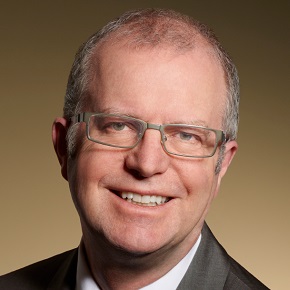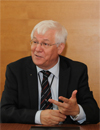 |
||
|
Chernobyl Nuclear Plant Remains Extremely Hazardous RIA Novosti, PUBLISHED 24.04.2014 The crippled Chernobyl nuclear power plant remains an extremely dangerous site which has not been fully decommissioned yet, the head of the Chernobyl Union of Ukraine told RIA Novosti Wednesday. “In 2000, as a result of a political decision influenced by the West, the Chernobyl plant was shut down. Although nuclear fuel at the plant was not produced there was still some fresh fuel,” Yuri Andreev said during a video conference between Moscow and Kiev organized by RIA Novosti. Workers built a temporary shield over the damaged reactor soon after the disaster, called a sarcophagus. In 2010, work on the new shied started. The primary aim of the project, estimated to cost nearly €1.5 billion, is to prevent further leakage at the crippled reactor. Topics: East Europe, Ukraine Other news: Hungary Enacts Law to Expand Nuclear Power With Russian Aid Hungary’s president has signed a bill into law to expand a nuclear power plant in the country with Russian assistance. Hungary Lawmakers OK Russia Nuclear Plant Deal Russia will provide Hungary a loan of up to 10 billion euros ($13.5 billion) - around 80 percent of construction costs. Russia to Lend Hungary $13.7Bln for Nuclear Plant The deal was announced during a state visit to Moscow by Hungarian Prime Minister Viktor Orban and was hailed by Russian President Vladimir Putin. Last news:
|
Hero of the day 
We are currently working with the Nuclear Decommissioning Authority (NDA) on this approach, which was submitted in response to their February 2012 call for alternative proposals. We appreciate that the UK is in the early stages of their policy development activities and are pleased to be involved in such important work. INTERVIEW
Yanko Yanev OPINION
Joint Plan of Action |
Licence Р В Р’ВВВВВВВВР В Р’В» №ФС77-30792. ATOMINFO™ trademark.

